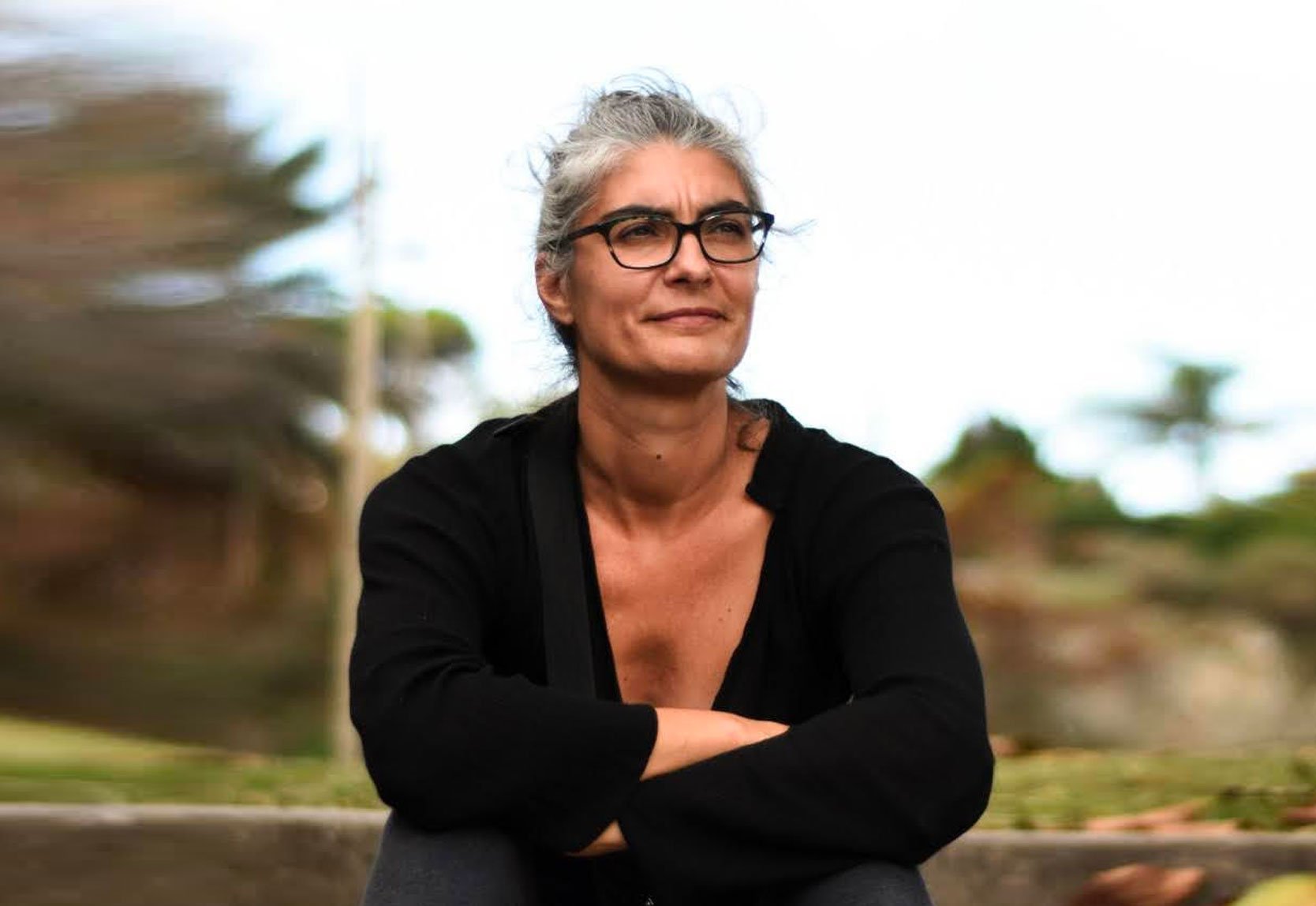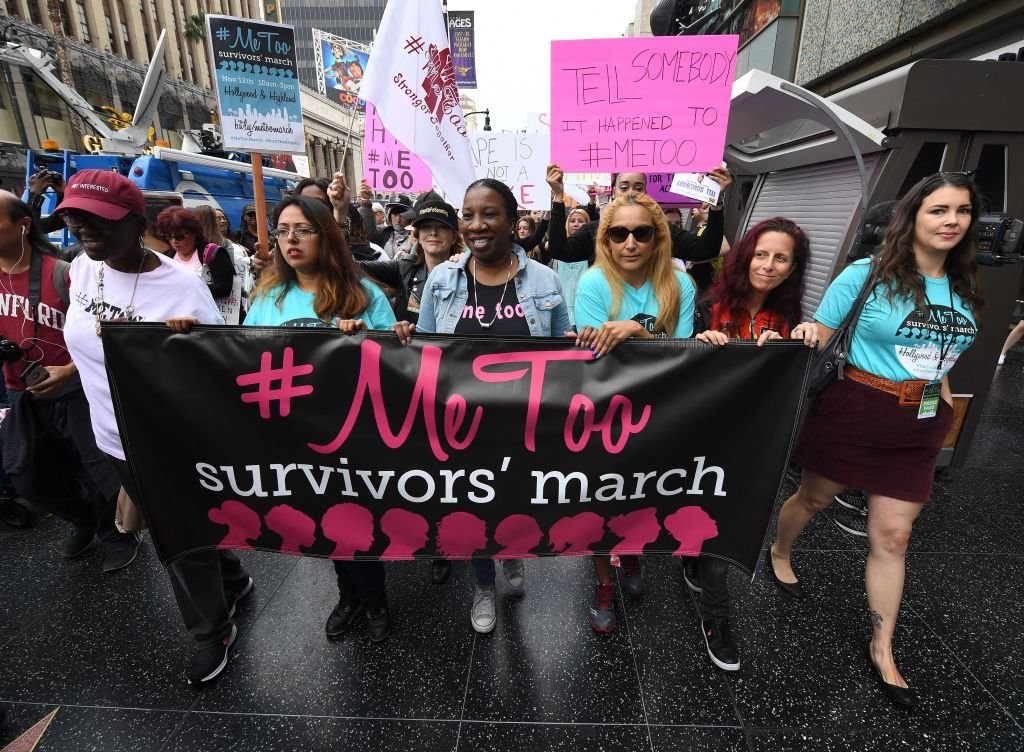
“Nothing Is More Dangerous Than Crimes That Are Not Acknowledged.”
Advocates speak out on the under-reported humanitarian crises in the African continent

ALOK: Live as your fullest, freest self
"The reason that people are seeking to oppress you is not because you are weak or fragile. It's precisely because you're powerful and tremendous."

How to Help Women and Girl Athletes Thrive
It starts with reducing abuse, writes former Olympic swimmer Casey Legler.

The Reproductive Ripple Effect
Thousands of miles away from Washington, D.C., activists, doctors and patients feel the consequences of U.S. abortion law

The Radical Act of Acceptance
Cyrus Veyssi and their dad show the possibility of a loving future for queer youth

What happens when Indigenous women tell their own stories?
The crisis of violence looks completely different, says Pulitzer-winning Cree journalist Connie Walker

“Reproductive justice for all of us”
Rebecca Cokley on how to stop the violence disabled people experience

“Let us try to change the world”
Young survivors like Abrianna Morales don’t just endure the trauma of gender-based violence—they also have the solutions

Femicide on the front page
Meet the global network of activists and citizen journalists determined to document violence

How common is gender-based violence? Pulitzer-winning artist Mona Chalabi helps us understand.
The violence that women, girls and gender-nonconforming people experience is so ubiquitous that it can take on this feeling of inevitability or mundane everydayness.

The global public health crisis we’re ignoring
It’s gender-based violence—a slow, consistent, menacing reality in the lives of women, girls and gender-nonconforming people worldwide that’s been quietly getting worse, not better.
